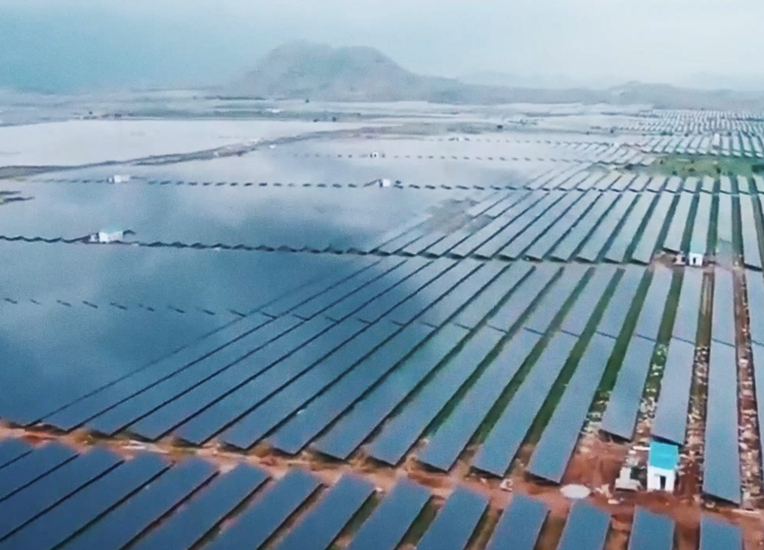Exploring the themes of 2040
In this lesson, students will be immersed in and connect with the documentary film 2040.
Australia , New Zealand
Worksheet , Activity , Fact sheet


Overview
In this lesson, students will be immersed in and connect with the documentary film 2040. Students begin by clarifying the key terms used in the 2040 documentary. They then work in groups to investigate some of the challenges for our future as identified in the documentary (including energy, transport, and food production). Students undertake research into their assigned challenge and then share their findings with the class. They then work in groups to brainstorm solutions to their challenge. Finally, students are invited to watch and reflect on the 2040 documentary film.
Learning intentions:
Students will...
- understand some of the key concepts and messages of the 2040 documentary film
- understand how a documentary film can engage, inform and inspire
- understand that solutions to global environmental and social challenges already exist
Success criteria:
Students can...
- work collaboratively
- undertake research online
- participate in group discussion
- participate in a group brainwriting activity
- watch and reflect on a documentary film
Credits and acknowledgements:
Curriculum material and mapping has been developed and written by Cool.org.
Cool.org, GoodThing Productions and Regen Studios would like to acknowledge the generous contributions of Good Pitch Australia, Shark Island Institute, Documentary Australia Foundation, The Caledonia Foundation, and our philanthropic partners in the development of these teaching resources.
Watching the film
If your school or institution has a ClickView subscription, you can access 2040 on the ClickView platform.
If you do not have access to ClickView, you can purchase an educational licence to screen the film to your class and request a streaming link to share with your students. Please complete the Host a Screening form on our website and our team will be in touch to assist you.
The educational licence is for primary and secondary schools who wish to utilise the film as a learning tool or host on-site screenings for the school community.
Curriculum mapping
What you'll need
- Lesson materials
- Device capable of presenting a video to the class
- Device capable of creating audio-visual recordings, such as an iPad or camera
Lesson materials
More from this unit

Stay informed and inspired
Sign up to receive the latest updates and inspiring stories in your inbox.
By subscribing you agree to with our Privacy Policy
Subscription error. Please try again!
Great! You're all signed up
Check your email to confirm your subscription and get ready to dive into the latest.
We acknowledge the Traditional Owners of the land on which we live, work and play. We support the Uluru Statement from the Heart and welcome the introduction of a First Nations Voice to Parliament. We recognise their deep spiritual and cultural connections to Country and their role in caring for and Basetaining Country. We acknowledge that this land, of which we are beneficiaries, was never ceded. We are especially grateful for the contributions of the many First Peoples involved in our projects and their generosity in sharing their culture and knowledge with us. We pay our respects to Elders past, present and future. Aboriginal and Torres Strait Islander peoples should be aware that this website may contain images, voices or names of deceased persons in photographs, film, audio recordings or text.
Thank you to our Philanthropic Partners:




APS Bloom Funding Circle
Prior Family Foundation
Nick & Sandra Fairfax
Lisa Barlow








-
© 2024 Regenerators. All rights reserved. Platform by Speckle Digital.







